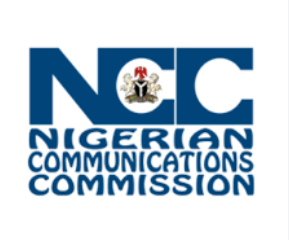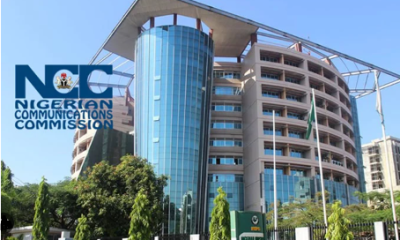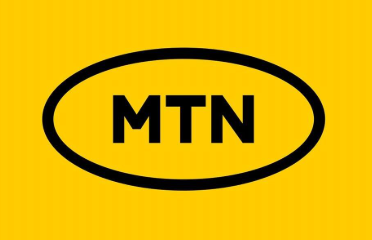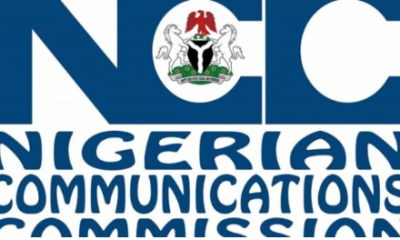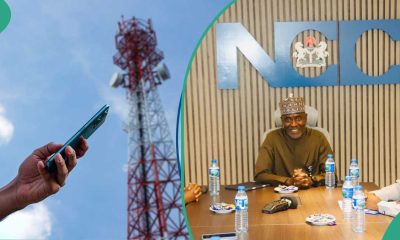About N8.6bn have been realized by the Nigerian Communications Commission (NCC) from the sales of the Mobile Virtual Network Operator (MVNO) licenses to 43 telecom companies in the country.
The 43 MVNOs, based on contractual agreements, will be leveraging the infrastructure of the MNO to provide telecom services in unserved and underserved areas of the country.
Under the MVNO framework released by the NCC, there are five categories of operators in this segment covering tier 1 to tier 5.
According to the licensing framework, the highest in the categories, the tier 5 licence costs N500 million, while tier 4 goes for N200 million. Both the tier 3 and tier 4 licences cost N130 million and N60 million respectively, while the tier 1 licence is to be issued at N35 million.
NCC’s database shows that 10 companies have so far acquired the tier 5 license, thereby paying a cumulative of N5 billion to the regulator.
For tier 4, six companies have acquired the licence, paying a total of N1.2 billion, at N200 million per licence. The tier 3 category has the largest number of players as 15 companies have acquired the licence. At N60 million per licence, the total money paid amounts to N1.950 billion.
READ ALSO: Voice, Data services affected by undersea cable cuts restored–NCC
The NCC database shows that 11 companies have acquired the tier 2 licence, paying a total of N660 million, while only one company acquired the tier 1 licence.
According to NCC, Tier 1 operators are the Services Virtual Operators. This tier leverages its ability to offer services to its customers without owning any switching or intelligent network infrastructure.
They do not control any numbering resources. Responsibilities lie with the host licensee to provide wholesale capacity to the V.O for delivery of its products and services.
Tier 2 is the Simple Facilities Virtual Operator, which assumes more control of the value chain, which allows it to significantly differentiate itself from its host. The VO does not have Core Switching and Interconnect capabilities but can set up its Intelligent Network (IN) to provide its own IN services to the customer.
Tier 3 are Core Facilities Virtual Operators, which rely on its technical and commercial prowess to launch and operate a full core network with switching and interconnect capabilities.
READ ALSO: NIMC, NCC unveil collaborative efforts to enhance NIN-SIM linkage processes
Tier 4 are Virtual Aggregators/Enablers, responsible for aggregating and/or enabling VO services within the market. It relies on a model in which it stands as a middleman between the MNO and multiple VOs.
Tier 5 are Unified Virtual Operators. A VO within this tier can decide the level of service it desires to offer ranging from tier1 to tier4. This gives the VO freedom of choice to deploy its services the way it deems fit as long as it still has a valid license.
Industry experts have, however, said the only way for the MVNOs to have a successful business in Nigeria is to offer an array of Value-Added Services (VAS) that are not being offered currently by the Mobile Network Operators (MNOs).
A Mobile Virtual Network Operator (MVNO) is a telecommunications product and service operator that rides on top of the infrastructure capacity of a fully licensed mobile telecommunication service provider or mobile network operator (MNO).
This means that the operators will not need investments in their infrastructure but leverage existing facilities across the country to provide services.

 Entertainment6 days ago
Entertainment6 days ago
 Health1 week ago
Health1 week ago
 Health4 days ago
Health4 days ago
 Football1 week ago
Football1 week ago
 Football1 week ago
Football1 week ago
 Crime5 days ago
Crime5 days ago
 Education6 days ago
Education6 days ago
 Crime1 week ago
Crime1 week ago


